Power play: bringing the electric car into the mainstream
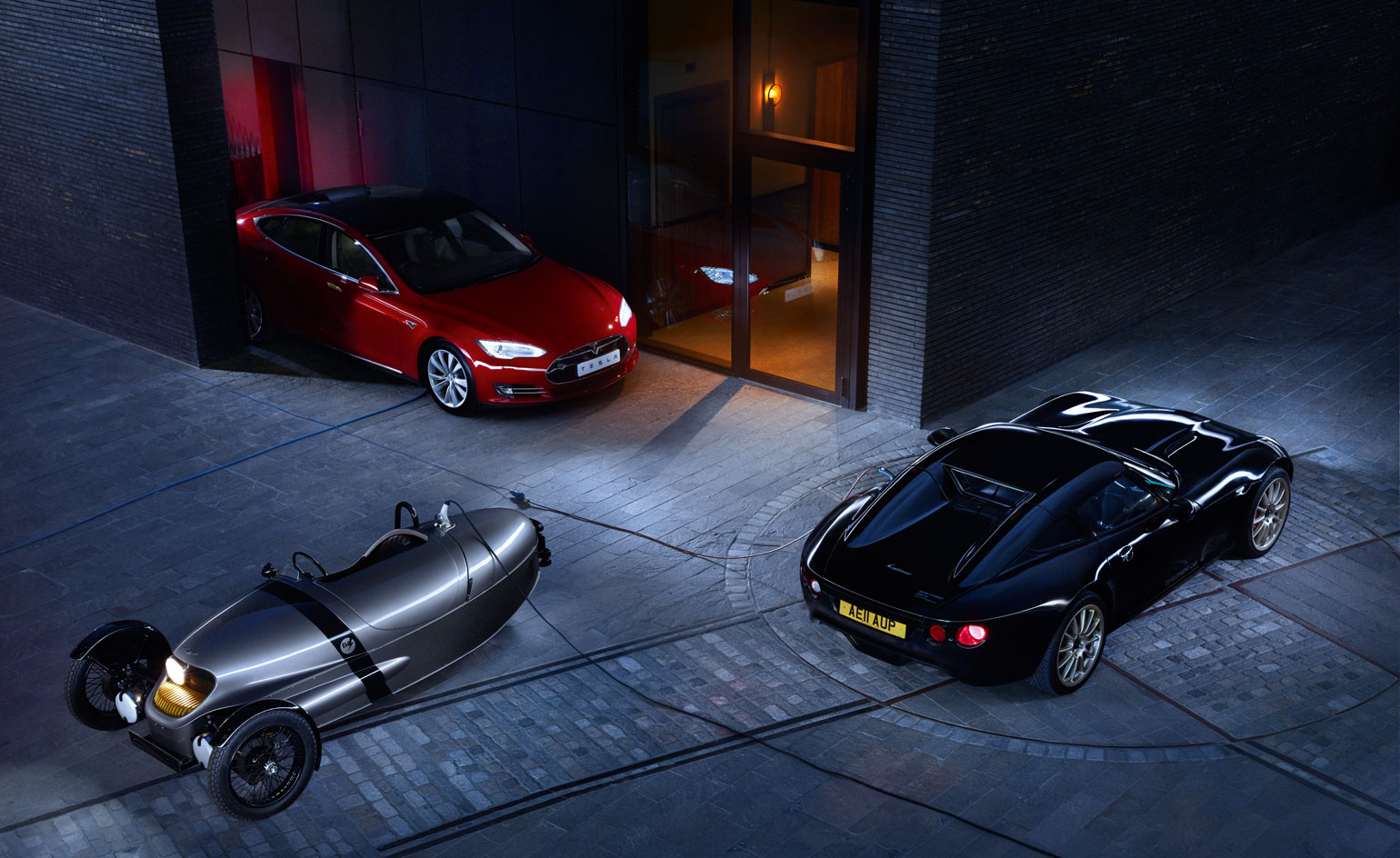
In the course of just a few days at the start of April 2016, over a quarter of a million people put down $1,000 deposits to secure a place in a queue to buy a new car. It was a car they had never driven, let alone experienced in the metal, and first deliveries were some 18 months away. The reveal of the Tesla Model 3, the fourth model from the Californian car company, was a masterclass in stoking expectation. An overwhelmingly positive media narrative hailed the Model 3 as the 21st century’s Model T Ford, the vehicle to finally bring electric cars (EVs) into the mainstream.
The truth is inevitably more complicated. The electric car has arrived, and the technology keeps on improving, but the EV market is still tiny. Tesla’s 50,000+ sales in 2015 stand in contrast to global car sales of 72 million. The Model 3 will undoubtedly bolster these numbers, yet there will be limits to how fast those orders can be fulfilled.
EV ownership is still, first and foremost, a statement – having made the commitment, owners are naturally willing to make the compromises and emphasise the advantages. It’s also a collective mindset, for suddenly a whole network comes into play: the charge points, the mobile grid, combining home plug sockets with sustainable power generation, deploying autonomous driving functions. Electric-car ownership implies political awareness, on both a local and global level.
The ‘crusading’ element of ownership will inevitably be diluted by a larger market share. Tesla’s high media standing is due in large part to Elon Musk, a charismatic CEO, who seems to have inherited the role once filled by Steve Jobs – an evangelical technocrat with a vision and the funds to fulfil it. Tesla’s products inspire Apple-like levels of rabid loyalty (and equally strong opposition). The Model 3’s chief attraction is price; the base level of $35,000 and range of over 200 miles seems to have been reached without compromising the company’s design or technology ethos.
The Model 3 faces competition from Chevrolet’s forthcoming Bolt and the next generation Nissan Leaf. Tesla can still trade off status and seduction in a way that Nissan or Chevrolet struggle to do, but logic and economics dictate that the true electric Model T will emerge from markets such as India and China, where political will is stronger than consumer desire. Unlike smartphones, the true game-changing EV will not be a premium product.
Around 200,000 EVs and plug-in hybrids (PHEVs) were sold in China last year, many of which were locally made models not on sale in the West. China’s unique combination of free market and autocracy means that top-down dictates have an immediate impact on buying habits. Annual sales of all EVs could exceed two million by 2020.
Progress might not be so rapid in the West. Without the smog-shrouded urban landscape and low prices, the carrots are rather more enticing than the sticks at the moment. As long as EVs remain emotive purchases, rather than practical ones, any legislative stick-waving is likely to face stiff opposition.
But the signs are there. In March it was reported that the Netherlands was mulling over a plan to ban non-EV sales by 2025, and Indian legislators are reportedly looking at 2030 as a practical cut-off to switch to an all-electric fleet. The first major city to ban the internal combustion engine will probably face lawsuits from car-makers, owners, garages, businesses and private owners. But then opposition will start to dwindle. By the time the hundredth city closes its roads to fossil fuels, it will be a non-issue.
Inevitably, electric cars are yet another facet of modern life that invites heated debate. Read any forum about EVs and you’ll find savage vitriol from all sides. The first hybrids were loss-leaders, expensive rolling beta tests that were both tech demonstrators and celeb-friendly anti-status symbols. Toyota’s Prius has long since been relegated to being the car of Uber drivers and frugal retirees, allowing Tesla to rule the roost for now, just as BMW did 18 months ago with its ‘i’ cars. Tesla invests heavily in R&D but has yet to turn a profit. Detractors cite limited range, the absence of infrastructure, an over-reliance on subsidies and the unforeseen impact on global electricity demand as serious strikes against the EV’s future.
For every new electric car owner, there’s a learning curve, but most swiftly become proselytising converts. We’re converts too, for the most part, but bigger questions arise with wider take-up. Will charge points multiply as EV sales increase? Will tempting tax breaks and subsidies continue to offset the high cost of batteries? Will the urban landscape start to change as traditional gas stations and garages close in favour of a hub-and-spoke network of charge stations? Will electricity consumption spike ever upwards?
Paradoxically, EVs won’t change the most problematic aspects of the car industry – how one car per person leads to gridlocked streets and vast swathes of the world given over to roads and parking. Most troublingly of all for car-makers, the Millennial generation could skip conventional cars altogether, instead choosing to embrace some future autonomous-Uber mash-up that would make private car ownership an anachronism. For all this investment, innovation and disruption, EVs could just result in another form of the status quo. And most manufacturers, we suspect, won’t have a problem with that.
As originally featured in the June Issue of Wallpaper* (W*207)
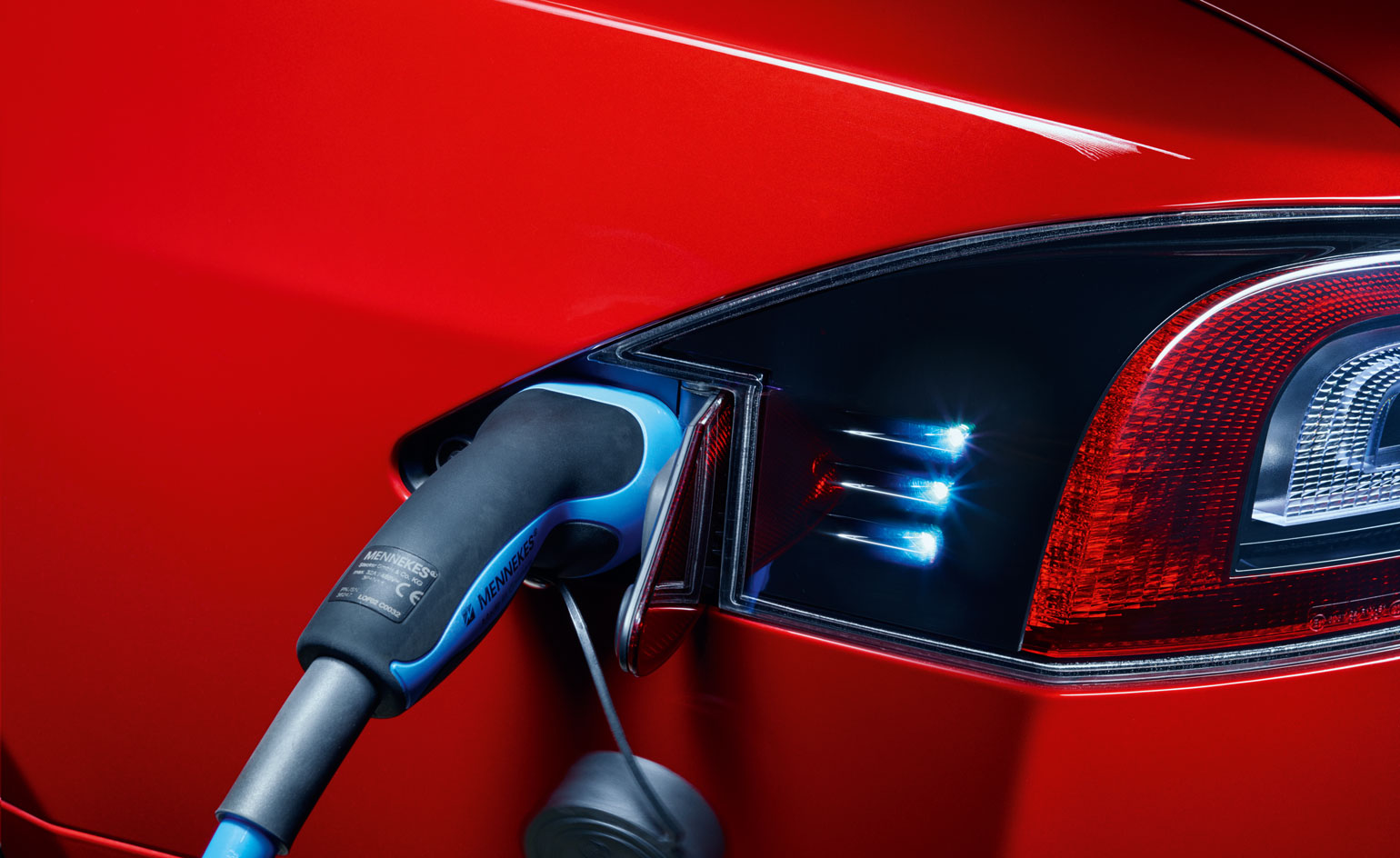
The latest version of the Tesla Model S P90DL saw a quarter of a million pre-orders in just a few days this April
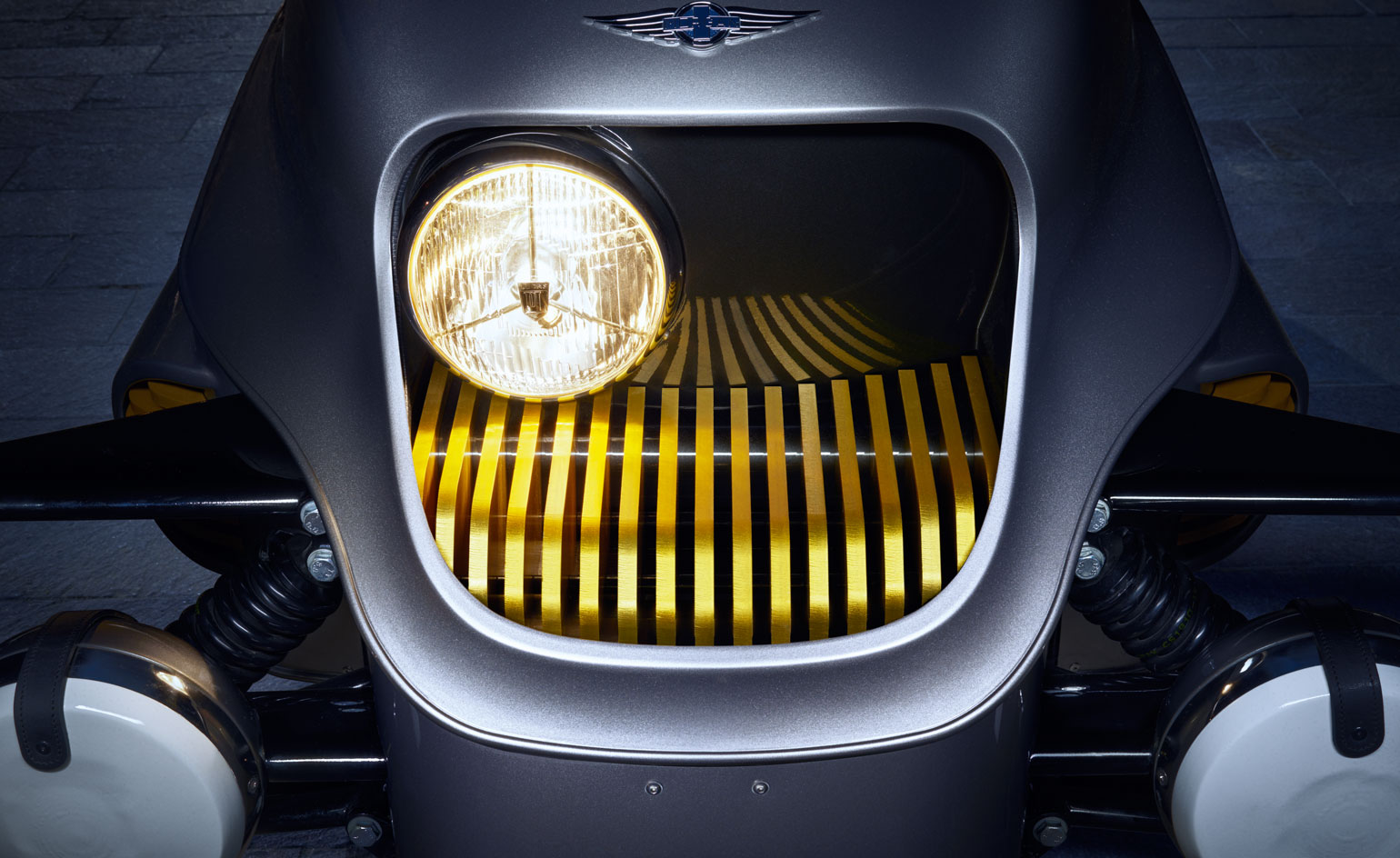
British marque Morgan's EV3 is a sporty option combining modern technology with classic good looks
INFORMATION
For more information, visit the Tesla Motors website
Photography: Greg White
Receive our daily digest of inspiration, escapism and design stories from around the world direct to your inbox.
Jonathan Bell has written for Wallpaper* magazine since 1999, covering everything from architecture and transport design to books, tech and graphic design. He is now the magazine’s Transport and Technology Editor. Jonathan has written and edited 15 books, including Concept Car Design, 21st Century House, and The New Modern House. He is also the host of Wallpaper’s first podcast.
-
 The most important works of modernist landscape architecture in the US
The most important works of modernist landscape architecture in the USModernist landscapes quite literally grew alongside the modern architecture movement. Field specialist and advocate Charles A. Birnbaum takes us on a tour of some of the finest examples
-
 The Viceroy Hotel Group wants you to get on your bike
The Viceroy Hotel Group wants you to get on your bikeAcross properties in Santa Monica, Chicago, Washington D.C. and the Algarve, Viceroy guests can experience curated cycling routes and community events
-
 Guess the unlikely source of inspiration for this new Ikea light
Guess the unlikely source of inspiration for this new Ikea lightIkea’s Allen key, a tool that has assisted (and frustrated) in many a home assembly project, is honoured by the new flatpack ‘Ödleblad’ lampshade (no Allen key required)
-
 It’s Tesla vs Rivian as two new brand-centric charge stations highlight divides in EV attitudes
It’s Tesla vs Rivian as two new brand-centric charge stations highlight divides in EV attitudesHollywood’s shiny new Tesla Diner is a world apart from the Rivian's latest station, the Hamptons Charging Outpost
-
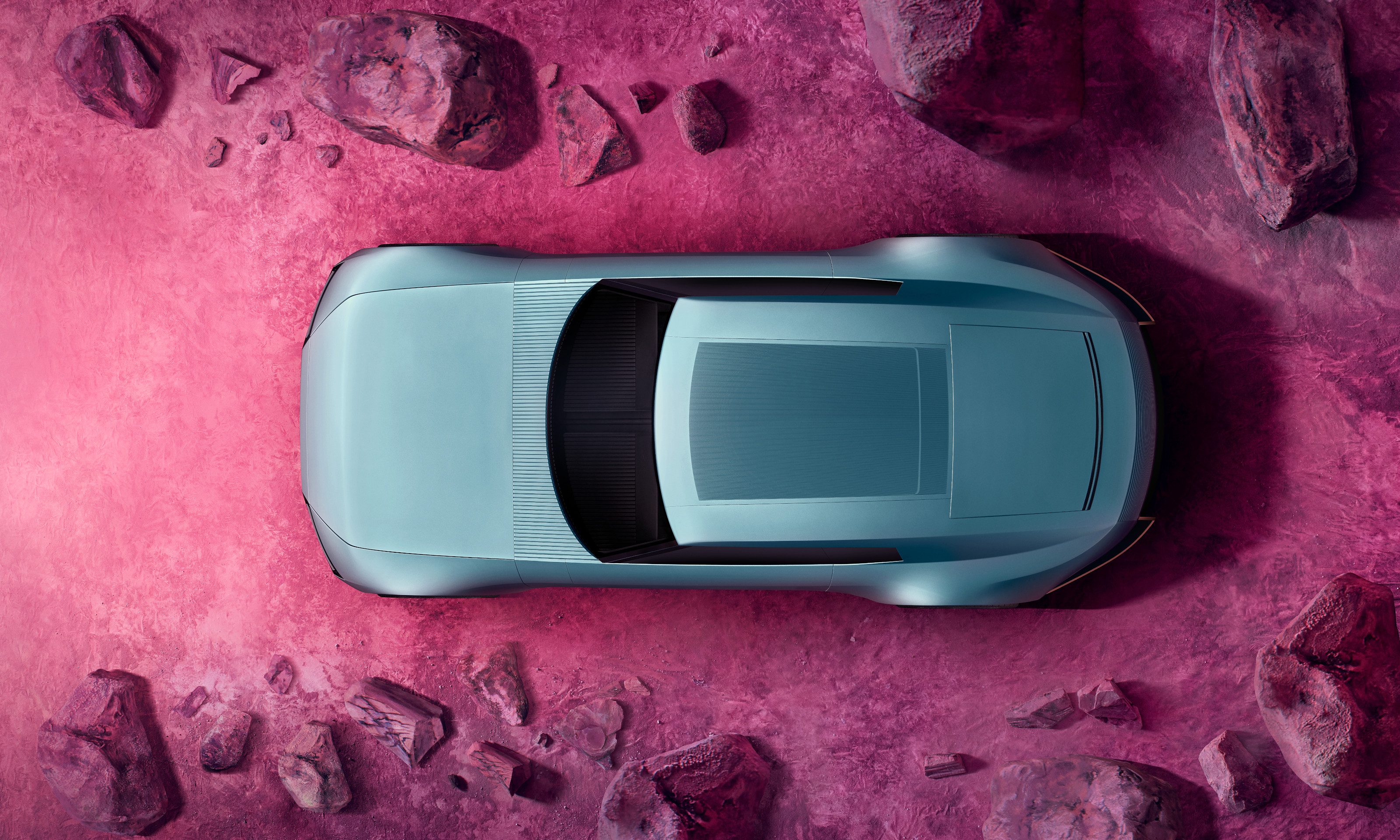 The top 10 concept cars of 2024, as selected by Wallpaper’s Transport Editor
The top 10 concept cars of 2024, as selected by Wallpaper’s Transport EditorWe round up our favourite forays into futuristic design with this collection of concepts and design studies showcasing the transport of tomorrow
-
 The new Ford Capri wants to tap a vein of Gen X nostalgia. Does it succeed?
The new Ford Capri wants to tap a vein of Gen X nostalgia. Does it succeed?We ask if the all-electric Ford Capri can capture the swagger of its much-loved but rather oafish predecessor
-
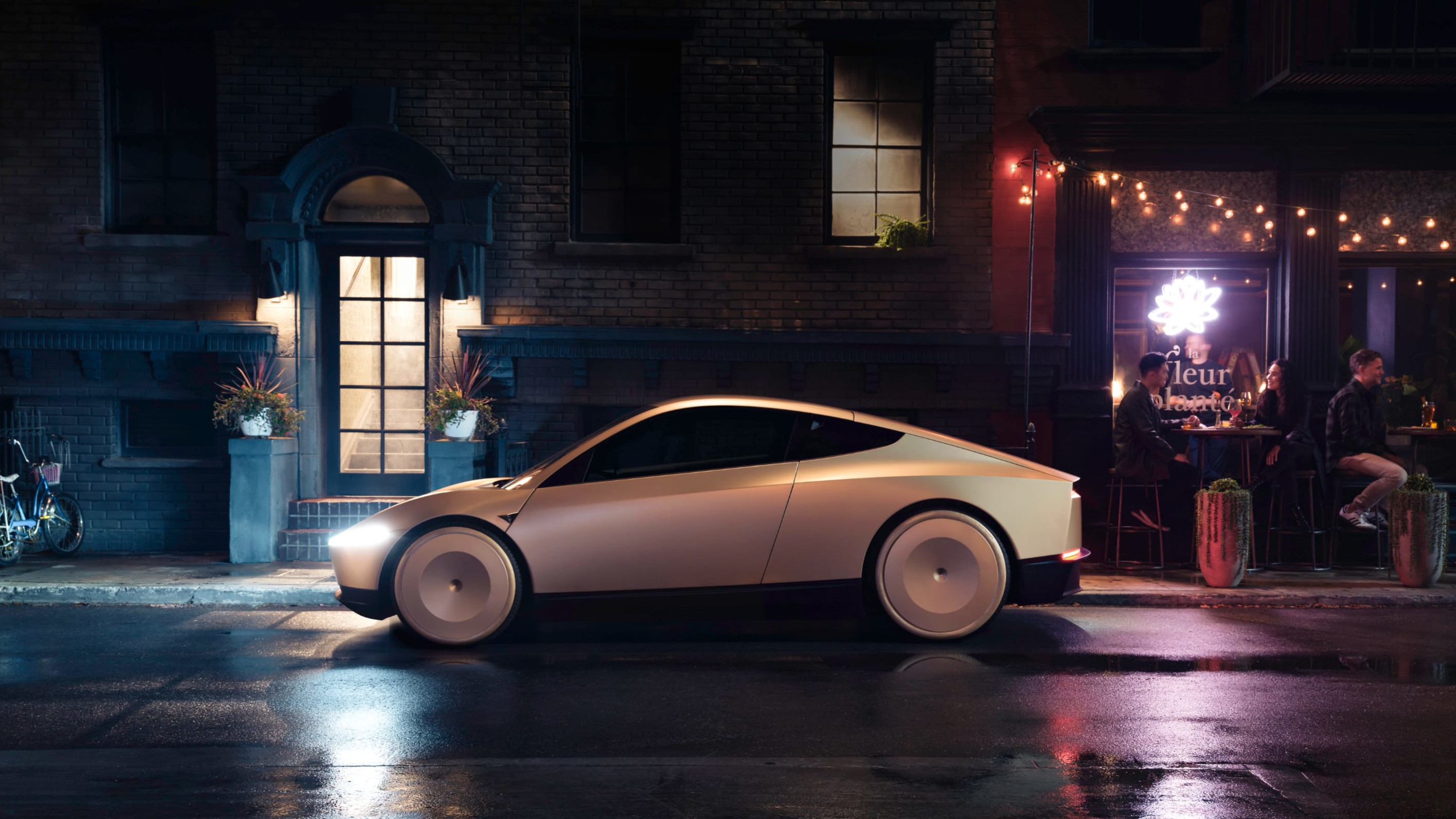 All hail the arrival of true autonomy? On Tesla’s proposed Robotaxi and techno-insecurity
All hail the arrival of true autonomy? On Tesla’s proposed Robotaxi and techno-insecurityTesla’s new marketing push predicts a future of robot cabs, automated buses and autonomous home androids. We already want to get off
-
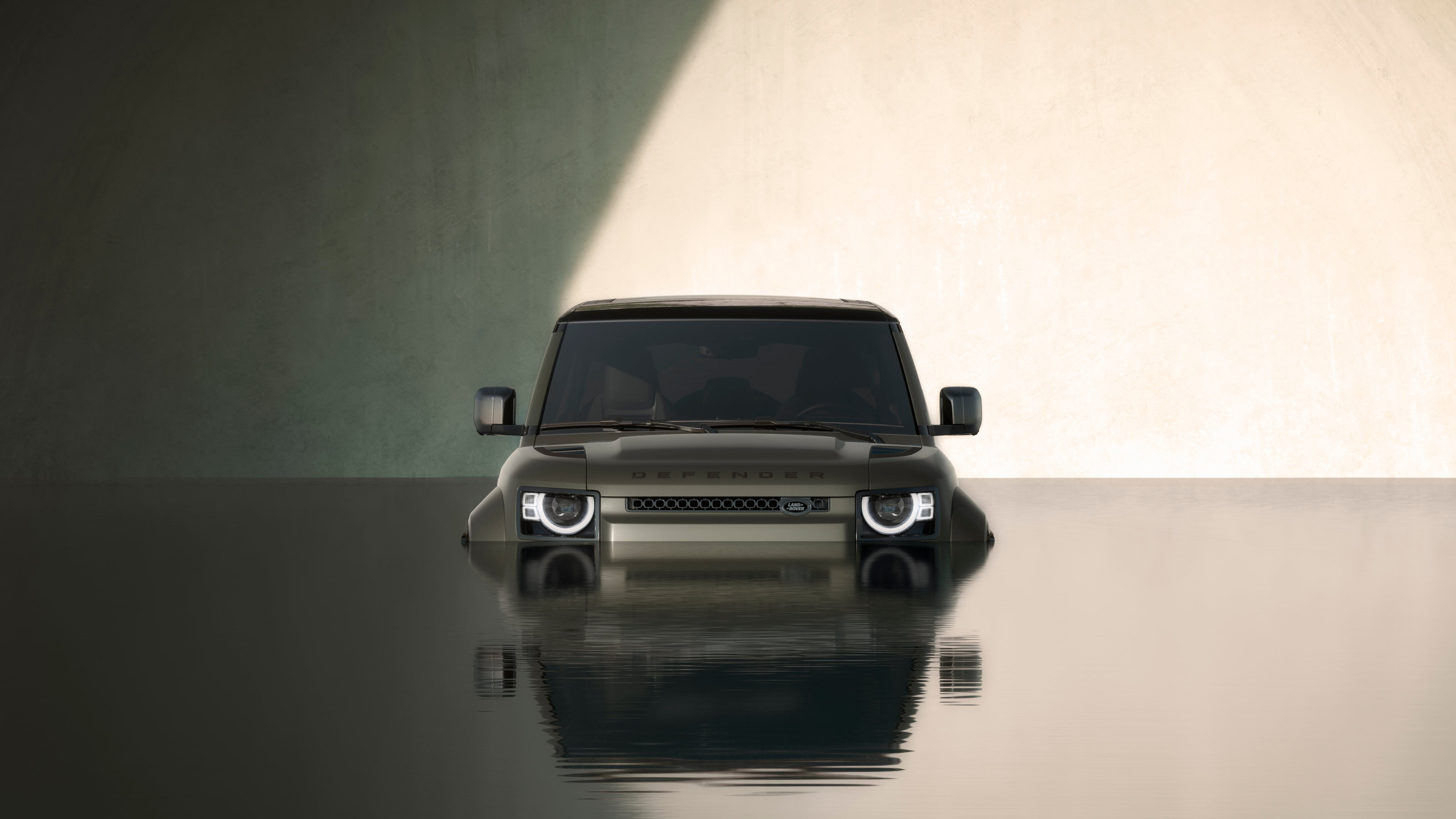 The 2024 Goodwood Festival of Speed hosted a wealth of auto innovation, from hypercars to hot hatches
The 2024 Goodwood Festival of Speed hosted a wealth of auto innovation, from hypercars to hot hatchesThe best new SUVs, EVs, hatchbacks and supercars to emerge from the 2024 Goodwood Festival of Speed
-
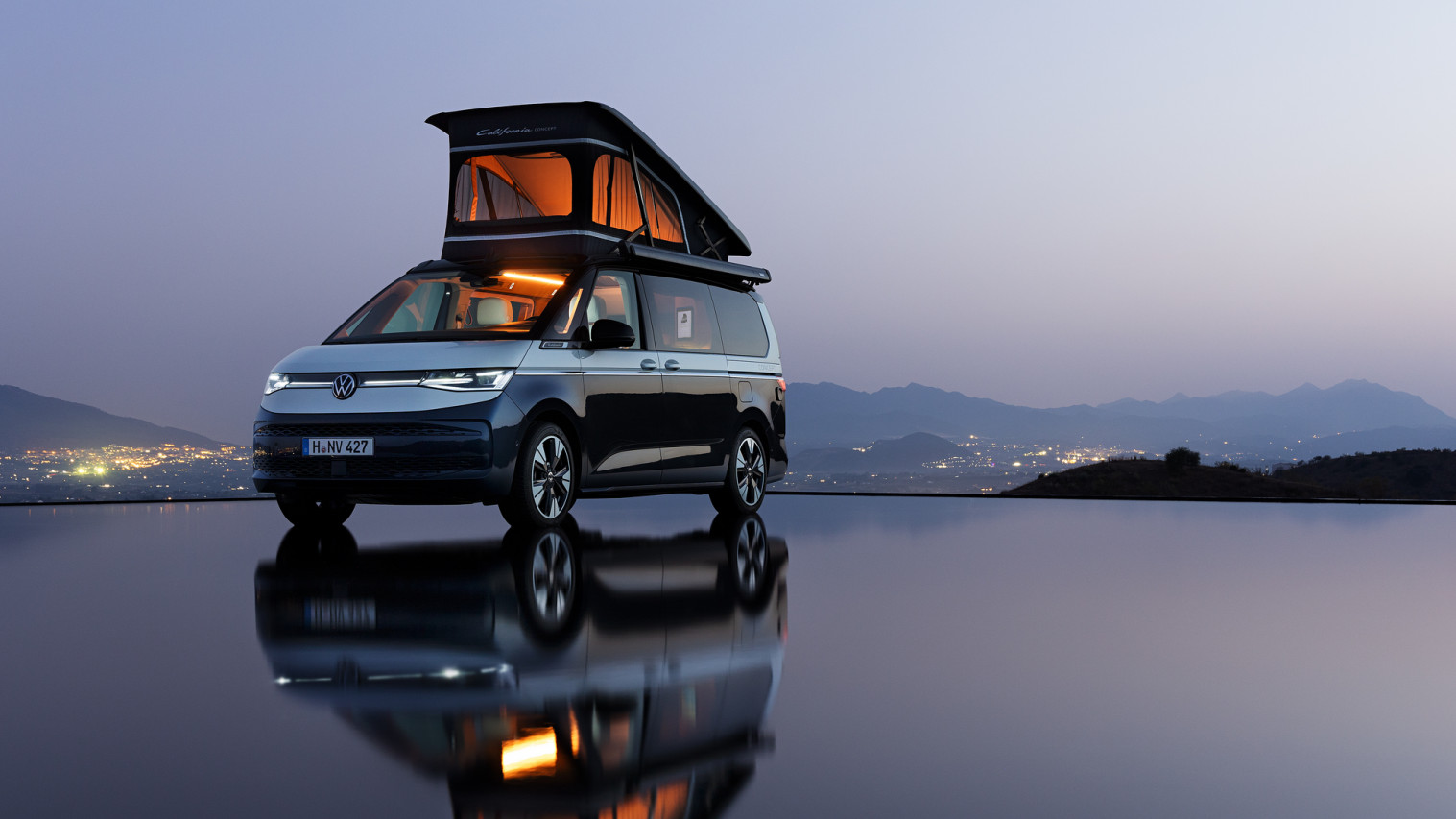 Four new compact camper vans showcase the best in modest mobile home design
Four new compact camper vans showcase the best in modest mobile home designVolkswagen, Citroën, Ford and Mercedes-Benz showcase their latest takes on contemporary van living
-
 Classic car revivals: everything old is new again
Classic car revivals: everything old is new againHere, we round up a few firms who are committed to dishing up revived classics from their past
-
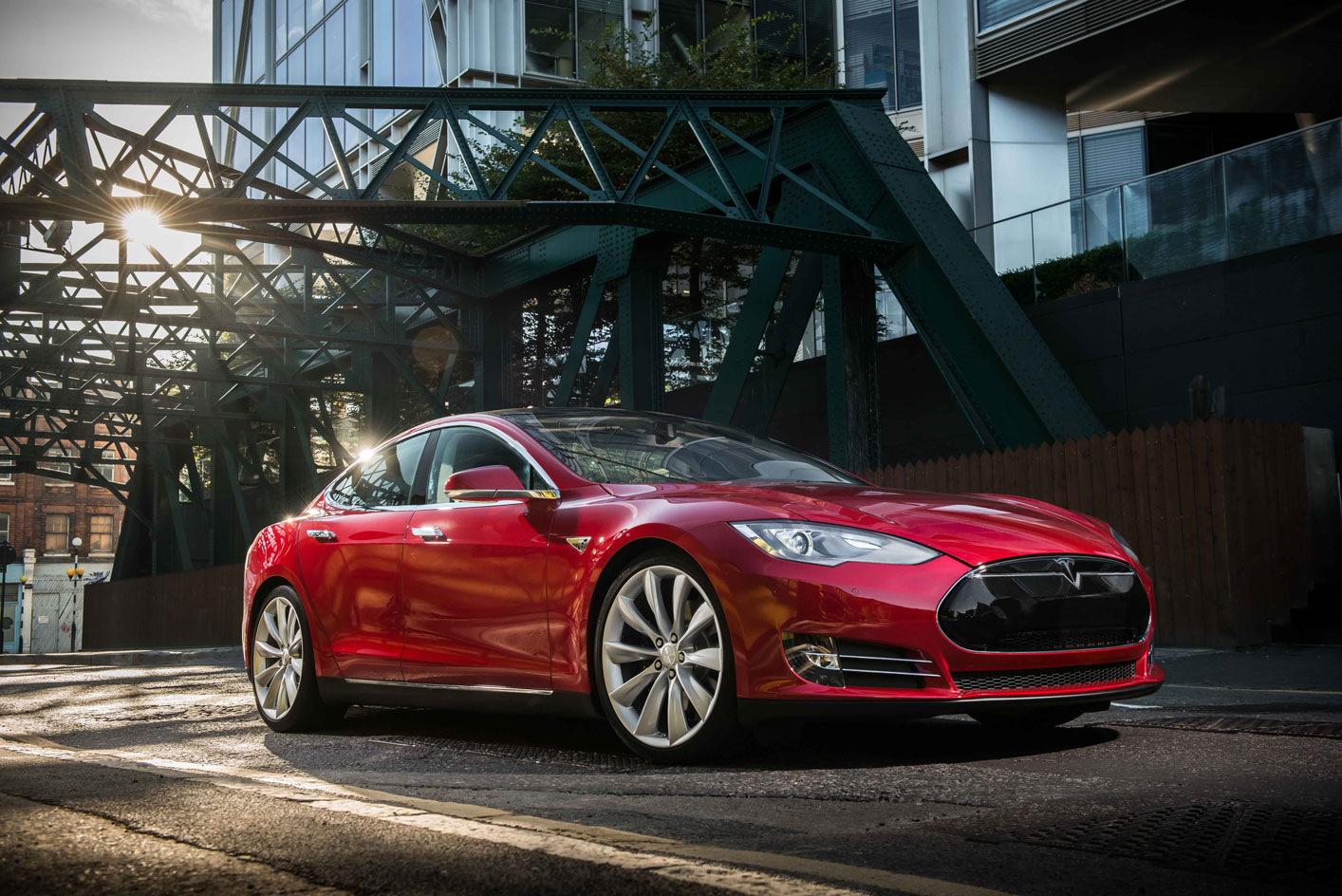 Eight years on, Tesla Model S continues to break electric car convention
Eight years on, Tesla Model S continues to break electric car conventionIt’s worth revisiting what Tesla is up to at regular intervals, even if you haven’t been following the sky-high ambitions and bold online pronouncements of its founder